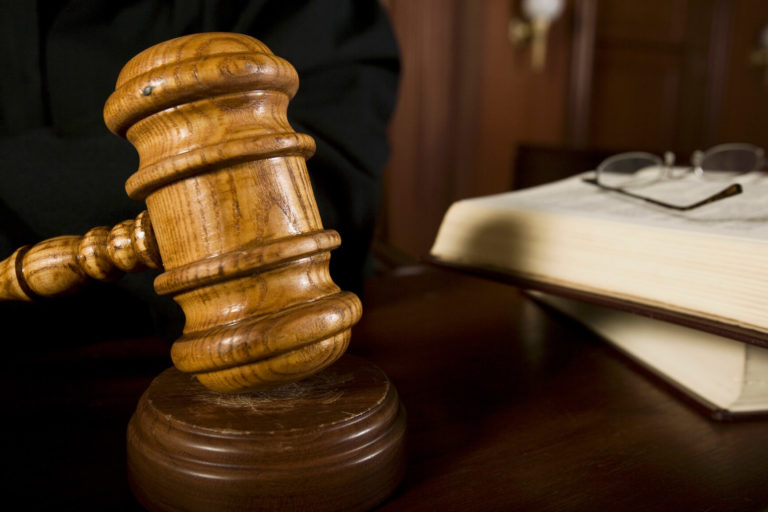What Sets Chapter 7 Apart From Other Types of Bankruptcy Filings?
Chapter 7 bankruptcy is one of the most common types of bankruptcy filings used. It has the potential to help many people get themselves out of poverty and onto a path where they feel empowered to handle their finances. Chapter 7 bankruptcy can give you a fresh start in eradicating the debts that loom over you. However, filing for bankruptcy should only be done when thought through, and discussed with a lawyer who is familiar with bankruptcy law.
What makes Chapter 7 bankruptcy different from other types of bankruptcy filings? Here we have listed the pros and cons, so you have a better idea of what operating under this bankruptcy status will be like:
Pro’s of Chapter 7 bankruptcy:
- Automatic Stay Protection: once your case has been filed, creditors are banned from contacting you or taking collection actions.
- You Keep Most Belongings: Chapter 7 bankruptcy allows for people to keep most of their assets, such as cars, furniture, clothes, etc.
- Future Wages are Protected: after filing, creditors cannot touch your earnings, so future paychecks are entirely yours to keep and use for necessities of living and other expenses.
Con’s of Chapter 7 Bankruptcy:
- Public Record: what happens in the bankruptcy court is not private, and is open to the public. But, most people aren’t interested in finding out the details about another individual’s bankruptcy case.
- Income Limits When Applying: it will be important to calculate your income, and see if you fit the criteria needed to file for Chapter 7 bankruptcy.
- Giving Up Luxury: even though you are permitted to keep certain assets, there are others that aren’t protected, such as luxurious and indulgent items.

